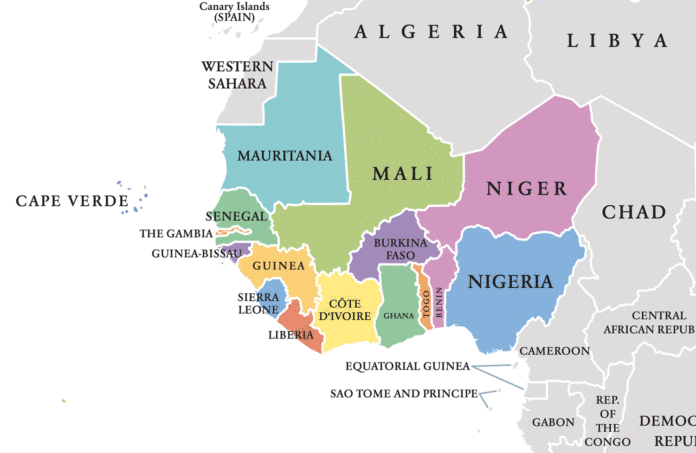Over the past weeks, Mali and Burkina Faso have been in the news for the unrest happening in the two countries. Here is what is happening. On January 24, Burkina Faso became the fourth country in the West Africa region to experience a military coup in the past 18 months, after Mali, Chad, Mali again, and then Guinea.
Mali
In Mali, there is growing tension around the holding of the elections. According to reports, the country’s military rulers are clashing with the international community around the holding of elections. Mali’s former colonisers, France, have been withdrawing their troops from the country. Sanctions have also been placed on Mali by the West Africa regional bloc, Economic Community of West African States (ECOWAS). The sanctions have also been placed by the West African Economic and Monetary Union (WAEMU). The restrictions from the regional blocs have meant a trade embargo and a freezing of Mali’s assets at the Central Bank of West African States. Due to the sanctions, the country’s military rulers have come into conflict with France and several other European countries. The sanctions have been supported by the United States, the European Union and France.
On January 30, it was reported that Denmark had withdrawn their military from Mali. This came after the Malian military government ordered them to leave the country. Sweden said they would be withrawing their special forces in March from Mali.
Mali has been under military rule since 2020 when the military staged a coup d’état. This was the country’s second coup in less than ten years – the last one was in 2012. Another coup was also staged in 2021 – a mere nine months after the 2020 coup. The recent sanctions came about when the government extended the transition period by five years, beginning January 2022 1. This was despite a commitment to hold elections this February. Colonel Assimi Goïta is the current interim president of Mali. He is a military officer and leader of the National Committee for the Salvation of the People, the military junta that seized power from the former president.
Writing in ISS Africa, Ornella Moderan, Fahiraman Rodrigue Koné, and Fatoumata Maïga, have said the sanctions have served to increase popular support for the military government, instead of decreasing it. The military government called for massive protests in opposition with the sanctions. Thousands of people went out into the streets to protest against the sanctions and pledge their support for the government. In the piece in ISS Africa, the writers said there is a need for a dialogue between the different parties to get to urgent reforms for the people of Mali.
Related:
South Africa has been downgraded by global rights index
Burkina Faso
In Burkina Faso, president Roch Kaboré was ousted in a coup d’état on January 24. The president’s removal was reportedly due to growing discontent among security forces over his alleged failure to adequately support them against militants. The ousting followed months of anti-government protests which called for the president to resign. Thousands have also celebrated the president’s removal from power – hoping it signals a better future.
Paul-Henri Sandaogo Damiba is now the country’s coup leader. Damiba is a lieutenant-colonel who studied in France. He had opposed the previous coup in 2015, which lasted seven days.
During the announcement of the coup and ousting, the military also suspended the constitution, dissolved the government and the national assembly, and closed the country’s borders. The statement was made in the name of a previously unheard-of entity, the Patriotic Movement for Safeguard and Restoration, or MPSR, its French-language acronym.
Following the coup, the South African government released a statement condemning it. The government called on the military in Burkina Faso to return to their barracks and restore democracy. The department of international relations’ Clayson Monyela said: “Dialogue and negotiation are the only means of resolving conflict and arriving at lasting resolutions. Loss of lives must be avoided at all costs and all stakeholders should commit to dialogue.”
RELATED:
Economic Community of West African States
Following the coup announcement, ECOWAS announced Burkina Faso’s suspension from the bloc. Following the suspension, members of the bloc travelled to the country. On February 3, West African leaders are due to meet in Accra to assess the outcome of the Burkina missions and to decide whether it should impose sanctions as it has done in Mali and Guinea.









